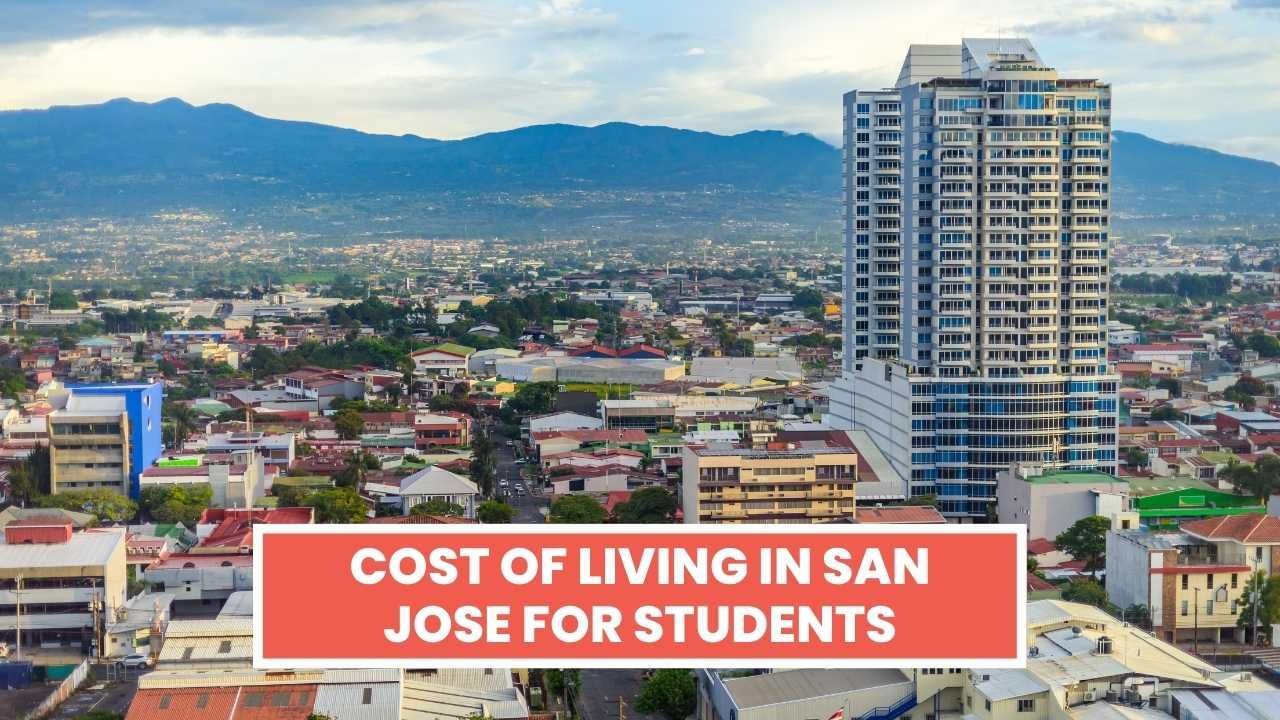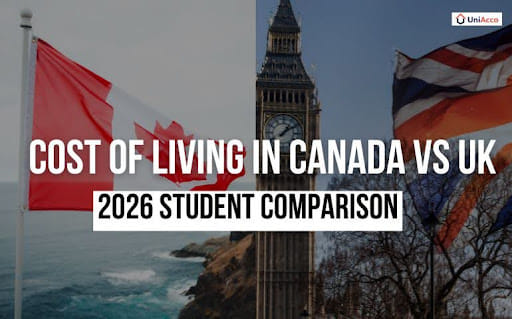Are you a student considering Nashville as your new academic destination? It’s essential to understand the cost of living in the city to plan your budget effectively. Nashville, known as the “Music City,” offers a vibrant atmosphere and a thriving student community. However, it’s crucial to be aware of the expenses you’ll encounter during your stay. In this blog, we’ll delve into various aspects of the cost of living in Nashville for students, providing you with valuable insights to help you make informed decisions.
Cost Of Living Calculator
| Description | Cost (£) |
|---|---|
| Total Cost of Accommodation | 100 |
| Total Cost of Transport | 50 |
| Total Cost of Utilities | 30 |
| Total Cost of Food | 70 |
| Total Estimated Cost | 250 |
What Is The Cost of Living in Nashville For Students?
Living expenses vary depending on multiple factors, including accommodation, tuition fees, transportation, food, and entertainment. By understanding these aspects individually, you can gain a better understanding of the overall cost of living in Nashville.
What Is The Average Rent In Nashville for Students?
Rent is a significant portion of a student’s expenses. On average, a one-bedroom apartment in the city center can cost around $1,500 per month, while outside the city center, the price drops to approximately $1,200. Sharing an apartment or opting for student housing can help reduce costs.
What Is The Cost Of Tuition In Nashville?
Tuition fees differ based on the institution and program you choose. Nashville is home to several renowned universities and colleges, offering a range of courses. On average, undergraduate programs can cost between $10,000 and $30,000 per year, while graduate programs can range from $15,000 to $40,000 annually.
What Is The Cost Of Transportation In Nashville?
Nashville provides various transportation options, including buses, trains, and rideshare services. A monthly bus pass costs around $80, while ride-hailing services may vary based on distance. If you plan to have a car, consider expenses such as fuel, insurance, and parking.
What Is The Cost Of Food And Other Necessities In Nashville?
When it comes to food, Nashville offers a diverse culinary scene. On average, a meal at an inexpensive restaurant costs around $15, while groceries for a week can range from $50 to $80. Additional necessities like utilities, including electricity, water, and heating, amount to approximately $150 per month.
What Is The Cost Of Entertainment And Recreation In Nashville?
Nashville is renowned for its vibrant music and entertainment culture. Exploring local attractions, concerts, and museums can be a delightful experience. Budgeting for entertainment depends on personal preferences, but allocating around $100 per month should provide ample opportunities to enjoy the city’s offerings.
Where Can I Find The Best Student Accommodation in Nashville?
Nashville offers various accommodation options suitable for students. Consider exploring areas near your educational institution or areas with convenient transportation links. Popular student neighborhoods include Midtown, Hillsboro Village, and Germantown. Utilize online platforms and university resources to find the best housing options.
What is the Average Cost of Living in Nashville?
Taking into account accommodation, tuition, transportation, food, and entertainment, the average cost of living in Nashville for students ranges between $1,500 and $2,500 per month, excluding tuition fees.
Cost of Living in Nashville for International Students?
International students should consider additional expenses, such as visa fees, health insurance, and potential language course fees. It’s advisable to research scholarships and grants available for international students to help alleviate financial burdens.
Cost of Living in Nashville for Indian Students?
Indian students planning to study in Nashville should consider currency exchange rates, as they can impact their budget significantly. Research scholarships and financial aid opportunities specifically available to Indian students to ease the financial burden.
Conclusion:
Nashville offers a rich academic and cultural experience, but it’s crucial to be aware of the cost of living before making your decision. By understanding expenses related to rent, tuition, transportation, food, and entertainment, you can create a realistic budget. Make use of various resources, online platforms, and university assistance to find affordable accommodation options and scholarships tailored to your needs. Careful financial planning and exploration of cost-saving opportunities will help you make the most of your student life in Nashville.
FAQs:
Q1. Can I apply for multiple student loan forgiveness programs?
Ans: Yes, it is possible to apply for multiple student loan forgiveness programs if you meet the eligibility criteria for each program. However, keep in mind that the requirements and conditions may vary, so it’s important to carefully review the criteria for each program before applying.
Q2. How long does it take to get approval for loan forgiveness?
Ans: The processing time for loan forgiveness applications can vary depending on the program and the volume of applications being reviewed. It is advisable to check the specific program’s guidelines for estimated processing times. Generally, it may take several weeks to several months to receive a decision on your application.
Q3. Will student loan forgiveness affect my credit score?
Ans: Generally, student loan forgiveness itself does not directly impact your credit score. However, it’s important to note that if you have missed payments or defaults on your loans prior to applying for forgiveness, those negative marks may have already affected your credit score. Ensuring consistent and timely payments before applying for forgiveness is recommended to maintain a positive credit history.
Q4. Are private student loans eligible for forgiveness?
Ans: Private student loans are typically not eligible for federal student loan forgiveness programs. Forgiveness options for private student loans may vary depending on the lender and the terms of the loan. It’s advisable to contact your private loan provider to inquire about any available forgiveness or repayment assistance programs.
Q5. What happens if I don’t meet the requirements for loan forgiveness?
Ans: If you do not meet the requirements for loan forgiveness, your application may be denied. In such cases, you would remain responsible for repaying your student loans according to the terms of your loan agreement. It’s essential to review the denial notice, understand the reasons behind the denial, and explore other repayment options that may be suitable for your financial situation.
Also check out our other informative Blogs:















0 Comments